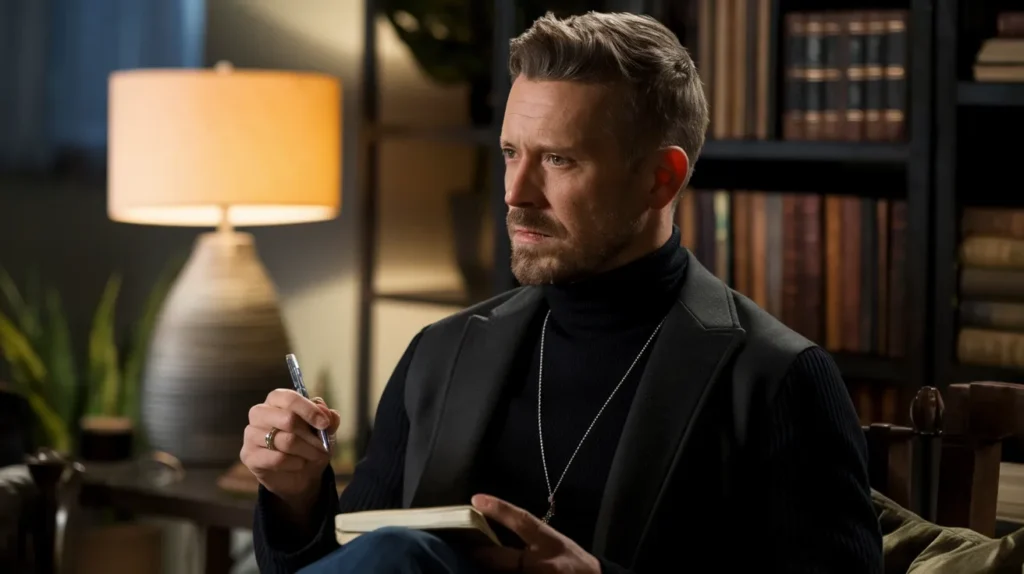
Mythification influences modern culture in three main ways. First, it helps shape your collective identity by connecting you to shared experiences and community narratives. Second, myths reinforce social norms, guiding behaviors and expectations, often through media representations. Finally, they transform historical narratives by highlighting overlooked perspectives and prompting you to question established accounts. This process not only creates a sense of pride but also fosters critical thinking about the past. Understanding these impacts can help you navigate cultural complexities and appreciate diverse identities. If you explore further, you'll uncover even more intriguing connections in today's culture.
Shaping Collective Identities
Collective identities emerge from shared experiences and narratives, weaving a rich tapestry that connects individuals to a larger community. You've likely encountered moments where your personal story resonates with others, forming bonds that transcend individual differences. These connections often stem from common myths and cultural symbols that define your group.
When you engage with these narratives, you're not just participating in a story; you're reinforcing your identity within a collective framework. Whether it's through folklore, shared rituals, or communal events, these experiences shape how you see yourself and your place in the world. You might feel a sense of belonging, pride, or even responsibility to uphold these traditions, which further cements your connection to the community.
Moreover, collective identities allow you to navigate complex social landscapes. They offer a sense of stability and continuity amid rapid change. By embracing these shared myths, you draw upon a reservoir of cultural wisdom that informs your values and behaviors.
Fundamentally, shaping collective identities isn't merely about belonging; it's about actively participating in the ongoing narrative that defines your community and, ultimately, yourself.
Reinforcing Social Norms
Society often relies on shared myths and cultural narratives to reinforce social norms that guide behavior and expectations. These myths, whether they're rooted in religion, folklore, or popular culture, shape your understanding of what's acceptable and what isn't.
For instance, you might see traditional roles portrayed in films or books, subtly signaling how you should act in various situations. When these narratives are repeated over time, they become ingrained in your psyche, creating a framework for your beliefs and actions. They help you navigate complex social landscapes, often leading you to conform to behaviors deemed "normal" by society.
Think about how stories about heroic figures or moral dilemmas influence your views on courage and integrity. Moreover, these myths can also create a sense of belonging, affirming your identity within a community. By subscribing to these narratives, you align yourself with shared values, making it easier to connect with others.
However, it's essential to recognize that while these myths can provide structure, they can also limit individuality. Understanding their influence empowers you to challenge norms and create a more inclusive narrative for everyone.
Transforming Historical Narratives
Historical narratives often undergo transformation as new perspectives emerge and challenge established accounts. You might notice how these shifts reshape your understanding of the past. When marginalized voices gain prominence, they alter the dominant narratives, emphasizing the experiences and contributions of groups often left out. This process not only reflects current societal values but also influences how you perceive history itself.
As you engage with these evolving narratives, you'll find that mythification plays an essential role. By elevating certain events or figures to almost legendary status, societies can create a shared identity and sense of pride. However, this can also obscure the complexities of history. You may find yourself questioning the accuracy of these mythologized accounts, prompting deeper exploration into the historical context.
Moreover, as technology allows for greater access to information, you're more likely to encounter diverse interpretations. This democratization of knowledge encourages critical thinking, pushing you to reconsider previously accepted facts.
Ultimately, transforming historical narratives isn't just about revising the past; it's about shaping your present understanding and future perspectives. Embracing these changes can enrich your worldview and foster a more inclusive appreciation of history.
Conclusion
In today's world, mythification shapes who we are, reinforces the norms we follow, and transforms our understanding of history. By recognizing these influences, you can better navigate modern culture and challenge the narratives you encounter. Embracing diverse perspectives allows you to question established myths and contribute to a richer, more inclusive society. Remember, your awareness of these dynamics empowers you to engage more thoughtfully with the stories that define our collective identity.